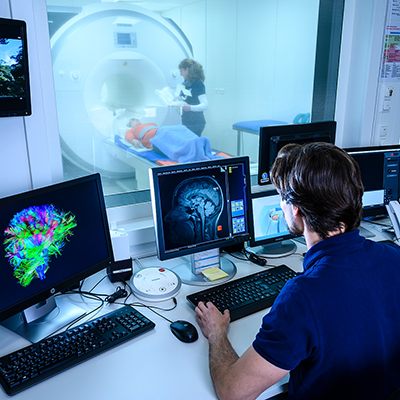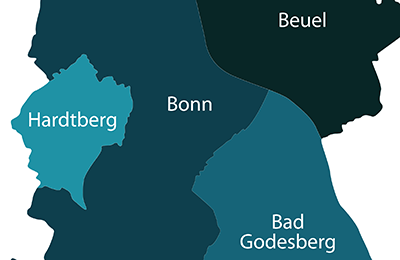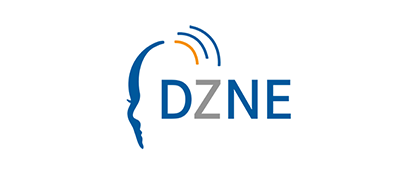To help us understand what determines people's health, the Rhineland Study is designed as a "population study". Population studies can be used to discover the causes of disease and health in the general population. Many neurodegenerative and age-related diseases in particular develop over decades due to a complex interplay of genetic factors, lifestyle and environmental influences. In order to understand what makes healthy people diseased or what keeps them healthy or more resistant to disease, long-term studies based on a large number of different people are necessary.
BACKGROUND OF THE RHINELAND STUDY
THE RHINELAND STUDY AS A POPULATION STUDY
WHAT IS SPECIAL ABOUT THE RHINELAND STUDY

A special aspect is the examination of people from the age of 30 onwards in order to identify protective and risk factors years before the occurrence of diseases and to translate them into preventive measures. Therefore, the participants are examined repeatedly every 3-4 years over the course of their lives.
Furthermore, the Rhineland Study is one of the most innovative studies with respect to the use of the latest technologies and methods. Due to the considerable technical progress of the last decades, new types of technologies and research approaches allow a very broad assessment of health-relevant parameters. Detailed and broad investigation is important to understand the complex interrelationships that can vary from person to person. This helps us to personalise prevention measures. Finally, we want to focus not only on what causes disease, but on what keeps us healthy. Because some people, despite pathological changes in the brain, do not show any impact on their brain functions.
THE BONN REGION
Our focus is on the examination of a cross-section of the general population. Since the German Centre for Neurodegenerative Diseases (DZNE) has its headquarters in Bonn, we first looked in the surrounding area and primarily based our choice of location for the study centres on demographic criteria such as a sufficient number of inhabitants, a balanced age structure and a high population stability. The choice for the two centres fell on the districts of Beuel and Hardtberg.

FINANCING THE RHINELAND STUDY
The Rhineland Study is coordinated by the German Centre for Neurodegenerative Diseases (DZNE). It is funded by public funds from the Federal Ministry of Education and Research and partly by state funds. In addition, scientific cooperation partners from other academic institutions, as well as funds from other sources (so-called third-party funds), contribute to the financing of the Rhineland Study.
